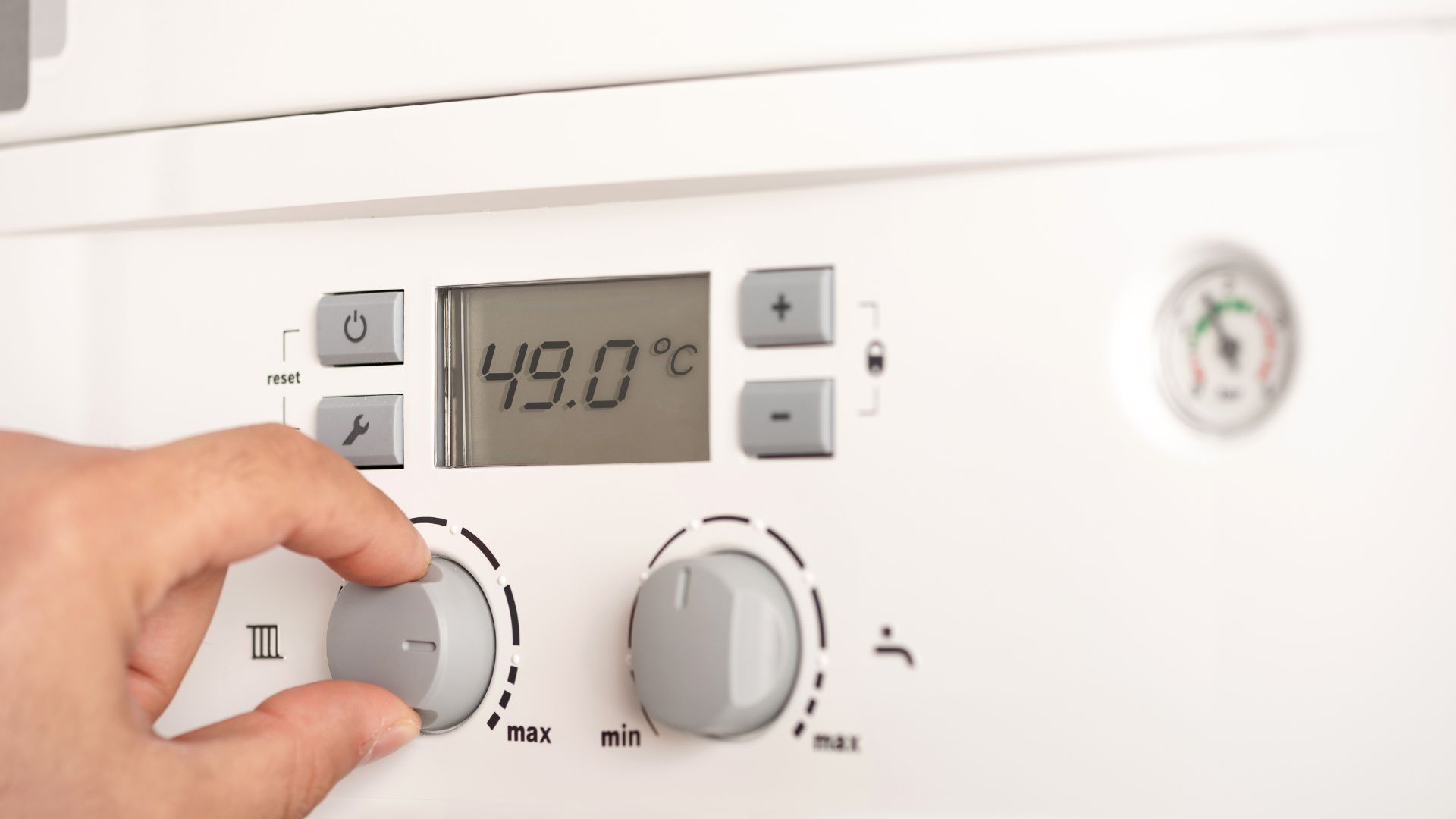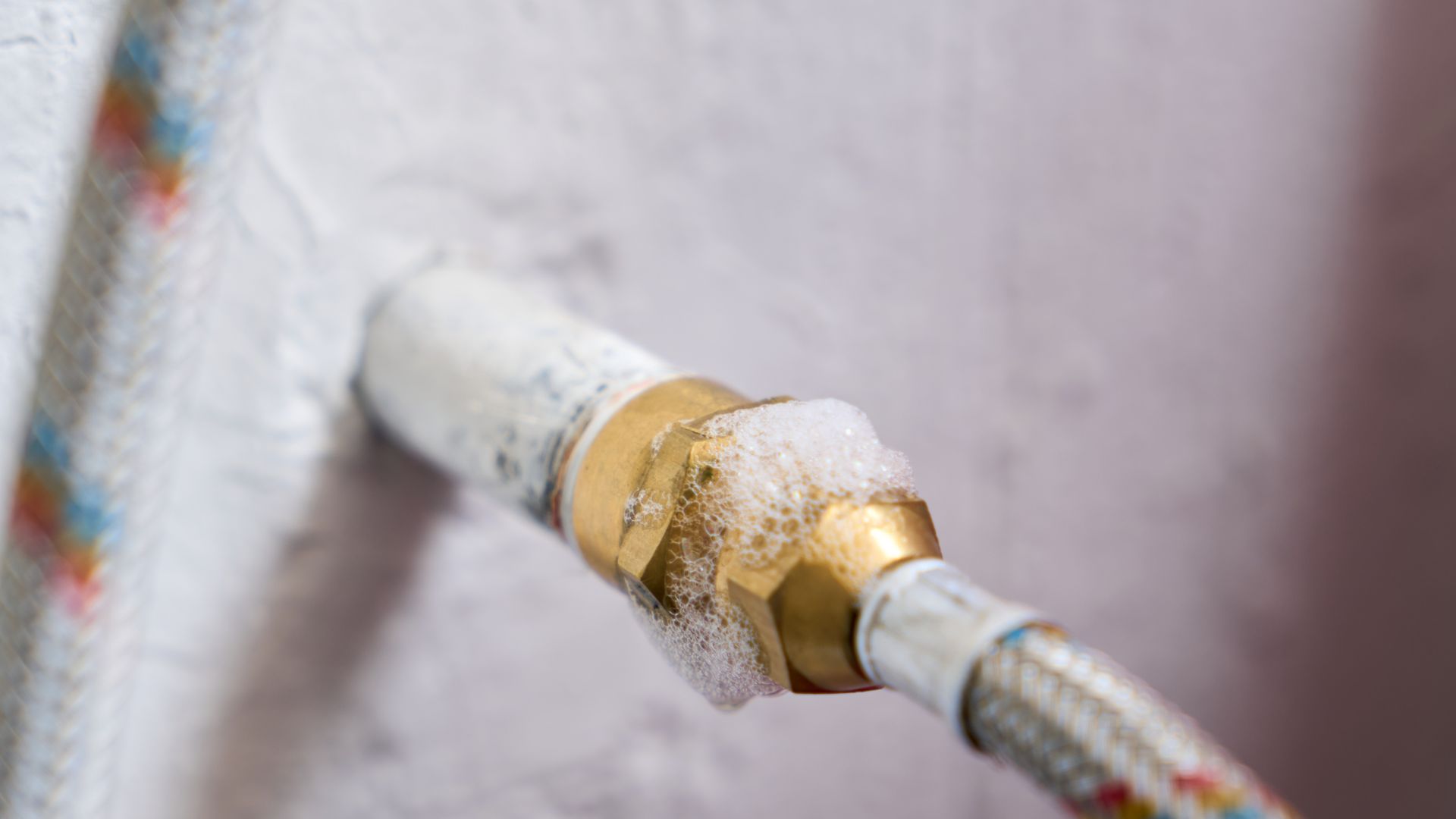7:00AM to 5:00PM
Gas leaks are surprisingly common and often go unnoticed for long periods, putting families at risk of health complications and potential disasters. Therefore, early detection and repair of gas leaks are essential in maintaining a safe home environment.
Household gas leaks can result from improper appliance installation, deteriorating gas lines, or daily wear and tear on essential equipment. Many homeowners underestimate the frequency of these leaks, which can quietly lead to carbon monoxide exposure or even catastrophic explosions if left unchecked. Stories of families suffering from preventable gas-related incidents serve as a reminder of the importance of vigilance.
Detecting gas leaks in home appliances is crucial for preventing property damage and protecting the health of loved ones. Even minor leaks can lead to symptoms like headaches, dizziness, and fatigue, which many people mistakenly attribute to other everyday causes. Ensuring your home appliances are functioning correctly and addressing gas leaks swiftly can save lives and keep everyone under your roof safe and healthy. Early detection isn’t just about safety and peace of mind.
Gas leaks can happen in various household gas appliances, often resulting from factors many overlook. Knowing the common causes is critical to preventing potential risks.

Stoves are frequent culprits of gas leaks in homes. Leaks often occur when stoves are improperly installed or if connectors become loose. Wear and tear, such as deteriorating seals around burners, also increases the chance of leaks.
Water heaters are another common source of gas leaks. Issues arise due to corrosion in gas pipes or faulty connections, especially if maintenance is neglected. As these units age, the risk of gas leaks grows, making regular inspections vital.
Furnaces can develop leaks because of the aging of internal components. Corrosion or damage to gas lines is a frequent problem, mainly when furnaces go unserviced. Faulty fittings and loosened connections can also contribute to leak risks.
Household appliances are constantly used, which naturally leads to wear and tear. Regularly operating gas stoves, heaters, and furnaces puts stress on components, and when appliances aren’t maintained properly, minor faults can develop into dangerous gas leaks. Ensuring correct installation, regular checks, and servicing helps reduce these risks significantly.
Detecting the signs of a gas leak early can prevent dangerous situations. Knowing the physical symptoms and indicators can help protect your family and home.
A sudden spike in gas bills without increased usage might suggest a leak. It is worth investigating further if there is no other reasonable explanation for the increased cost.
Gas leaks in households pose significant health and safety risks. Understanding the potential dangers can help in taking swift and appropriate action.
Gas leaks can lead to severe health issues, with carbon monoxide poisoning being a primary concern. Carbon monoxide is an odourless, colourless gas that can be deadly in high concentrations. Symptoms of carbon monoxide poisoning include dizziness, headaches, nausea, confusion, and, in extreme cases, unconsciousness or death. Prolonged exposure, even to low levels, can cause chronic health problems and can be particularly dangerous for young children, the elderly, and pets.
Gas leaks also pose a considerable risk of fires and explosions. Natural gas is highly flammable, and when it accumulates in a confined space, even a tiny spark can trigger a fire or explosion. Electrical switches, matches, or even static electricity can ignite gas.
The risk becomes more dangerous when leaks go unnoticed for long periods, allowing gas to build up to hazardous levels within a home. It is critical to immediately address any suspicion of a leak to prevent such catastrophic outcomes.

Identifying gas leaks in your home early is crucial for preventing serious health and safety issues. Simple methods can be used to detect gas leaks effectively and safely.
A soap and water solution is one of the most common and straightforward methods for detecting gas leaks. Mix a small amount of dish soap with water and apply it to areas where you suspect a gas leak, such as around pipe fittings, valves, or connectors. If bubbles form, it indicates the presence of leaking gas. This method is inexpensive and provides clear visual evidence of a leak.
Another useful tool for detecting gas leaks is a gas leak detector device. These portable devices are designed to sense gas in the air and provide an audible or visual alert when a leak is detected. They are easy to use and provide extra safety for those who want to confirm the presence of gas without the guesswork.
When inspecting appliances for gas leaks, personal safety must be a priority. Always ensure adequate ventilation during the inspection process. Open windows and doors to allow any leaking gas to disperse, reducing the risk of inhalation or ignition.
Avoid using electrical switches or open flames while checking for leaks, as they could ignite accumulated gas. Focus on areas around stoves, water heaters, and other gas-powered appliances, as these are the most common sources of leaks.

Knowing when to call a professional is vital for ensuring your safety and preventing further risk. Licensed professionals have the experience and tools needed to address gas leaks effectively.
Professional gas inspectors use specialised equipment to accurately detect and fix leaks that may go unnoticed during DIY inspections. Safety is their top priority, and they are trained to manage the hazards involved, ensuring your home remains secure and leak-free.
Repairing gas leaks in home appliances requires specialised skills and tools to ensure complete safety. Professionals follow strict procedures to fix leaks and eliminate any potential risks.
One of the most frequent methods professionals use to repair gas leaks is replacing damaged pipes or connectors. Over time, these components may become corroded or worn, leading to leaks. Certified technicians replace faulty parts with high-quality, durable materials to resolve the problem effectively.
Another common approach is securing fittings and applying appropriate sealing compounds. Technicians ensure that all connections are tightened properly and seals are applied to prevent future leaks.
Repairing gas leaks without the proper knowledge or tools can be extremely dangerous. Gas leaks pose severe health and safety risks, including fire or explosion hazards. Certified technicians are trained to identify and fix these issues without exposing homeowners to unnecessary danger. They understand the specific requirements of different appliances and adhere to stringent safety standards, which is crucial for ensuring that the leak is dealt with comprehensively.
The professional gas leak repair process begins with an in-depth assessment. Technicians use advanced detection tools to accurately identify the source of the leak. Once located, they determine the best repair method, whether replacing damaged parts or securing loose fittings.
After the repair, the system is thoroughly tested to ensure all leaks have been fixed, and safety checks are performed to confirm that the appliance is safe for regular use. This systematic approach guarantees that the leak is repaired and no residual risk remains, providing homeowners with peace of mind.
Preventing gas leaks in home appliances is critical to ensuring safety and avoiding potential hazards. Homeowners can take several proactive measures to keep their homes safe.
Scheduling regular professional maintenance for all gas appliances is one of the most effective ways to prevent leaks. Certified technicians can identify issues early and address them before they become serious problems, ensuring appliances are in good working condition.
Homeowners should frequently check for signs of wear and tear, such as rust, strange sounds, or visible damage to gas pipes and fittings. Identifying these warning signals early can prevent leaks from occurring or worsening.
Installing carbon monoxide alarms in critical home areas is an essential preventive measure. These alarms provide an early warning if gas levels become unsafe. Regularly testing and maintaining these devices is equally important to ensure they function correctly.
Consistent inspection and servicing of gas appliances are crucial for long-term safety. Proactive measures, regular maintenance, and carbon monoxide alarms significantly reduce the risk of gas leaks in the home.
If you suspect a gas leak, immediate action is crucial to ensure safety. Follow these steps to protect yourself and others.
After professionals have handled the gas leak, ventilate the house thoroughly to clear any residual gas. Open all doors and windows to allow fresh air to circulate, and ensure all appliances are checked before resuming use. Taking these precautions will help restore your home’s safety.
Ensuring your home is safe from gas leaks brings invaluable peace of mind. Regular checks and professional help are essential in keeping households secure from the dangers of gas leaks. Simple measures like routine inspections, listening for unusual sounds, and installing carbon monoxide alarms can make all the difference.
For complete assurance, trust the experts at Gold Coast Plumbing for gas appliance services. Whether it’s an inspection, repair, or regular maintenance, our team of certified professionals is here to help keep your home safe and your appliances functioning smoothly.
Don’t leave your home’s safety to chance. Contact Gold Coast Plumbing today and let us ensure your gas appliances are leak-free and your household is protected. Peace of mind starts with taking the right preventative steps—reach out to our experts now to secure your home against potential gas leaks.